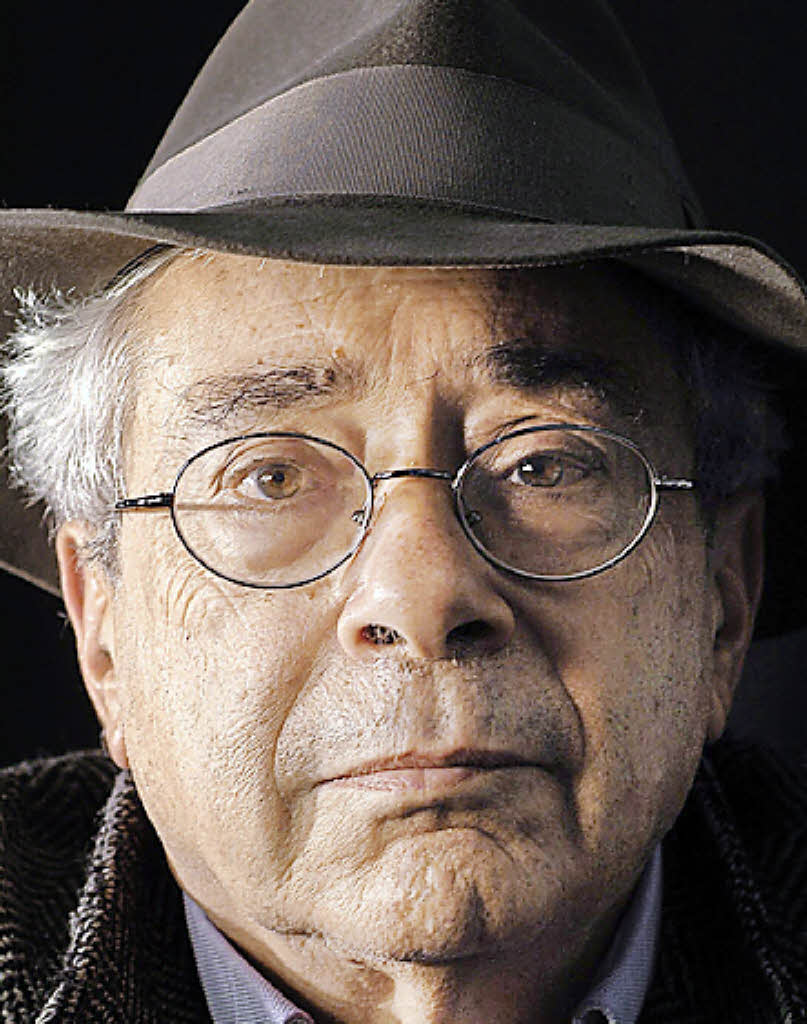In the n+1 website, Evan Kindley reviews a newly translated book by the influential French sociologist Luc Boltanski, entitled Mysteries & Conspiracies. A departure from other works by Boltanski translated into English—such as the magisterial New Spirit of Capitalism, cowritten with Eve Chiapello—Mysteries & Conspiracies is a work of literary criticism that examines a century’s worth of detective and spy fiction to discern the imaginary of power implicit in these works. Here’s an excerpt from the review:
In fact, Boltanski is not really asking where power lies—though he certainly would like to know: he’s asking why sociologists ask it. The similarity between the questions typically raised by sociologists and those dramatized in over a hundred years’ worth of popular fiction is the starting point of Mysteries & Conspiracies. It is in detective and spy stories, Boltanski argues, that we find the clearest expression of many of the paranoid attitudes and ideas expressed more apologetically and self-consciously in the social sciences and in everyday political life. The sense that the reports we hear from official sources aren’t really true, that people act from motives that are secret or obscure, that a far-reaching power—call it government, organized crime, the Illuminati, neoliberalism—invisibly determines the apparently self-evident facts of our existence: these are all familiar contemporary topoi, but they have a history that stretches back into the 19th century…
But if Boltanski misses opportunities to dig deeper into the mysteries of genre fiction, it’s because he’s after bigger theoretical game. The early chapters of Mysteries & Conspiracies, with their talk of “formatting” reality, have a strongly metaphysical flavor. (No wonder G. K. Chesterton is one of his favorite authors.) “A mystery arises from an event, however unimportant it may seem, that stands out in some way against a background,” Boltanski writes. “The mystery thus leaves a kind of scratch on the seamless fabric of reality.” The “reality” in question, according to Boltanski, is the one constructed by the modern European nation-state as it developed in the late nineteenth and early twentieth centuries. The detective then becomes a kind of avatar of the nation-state, even when (as is common in English crime fiction) he is not a policeman or official state representative but an amateur, like Sherlock Holmes or Chesterton’s Father Brown. “The detective,” Boltanski argues, “is the state in a state of ordinary exception.” That is, the detective, like the state, is always engaged in an effort to restore order, to get things back to normal: “An enigma exists as such only through reference to the possibility of a solution. . . Once the solution has been found, everything falls back into place.”
Image of Luc Boltanski via badische-zeitung.de.
